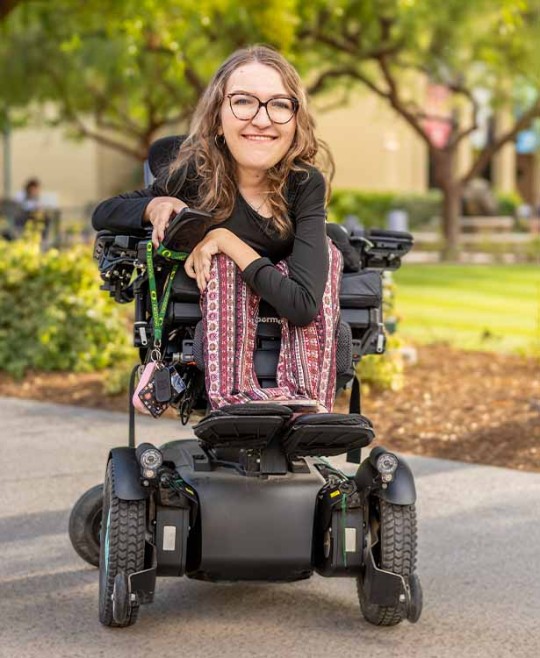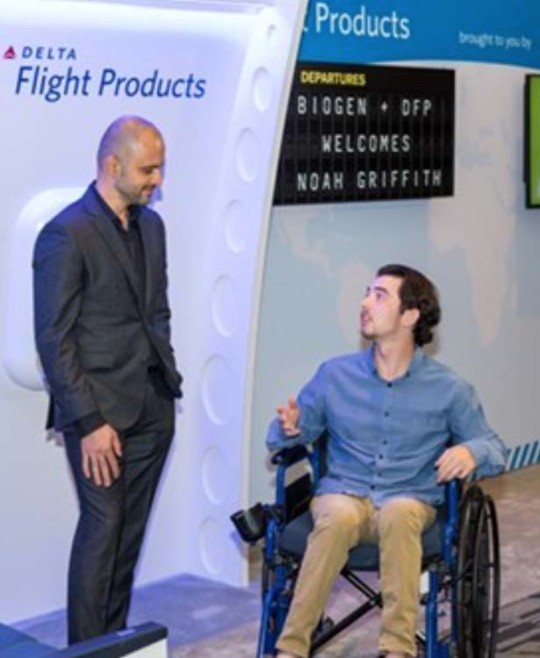Transforming Advocacy into Impact – Driving Progress for Rare Diseases
August 13, 2025
For more than four decades, Biogen has worked to address complex and hard-to-treat diseases. Patient advocacy groups are a key partner in these efforts, and have played a critical role in voicing the patient's experience and helping to shape patient-centered resources. These collaborations are essential to drive change and bring real impact for communities that need it most. Biogen’s Patient Advocacy Leadership Summit, which brought together more than 30 leaders from across the rare disease community, highlighted both the progress made and the work still ahead.
We were able to share insights, strengthen connections, and cultivate a renewed sense of momentum across groups focused on spinal muscular atrophy (SMA), Friedreich ataxia (FA), amyotrophic lateral sclerosis (ALS), rare lupus, kidney diseases, and ultra-rare conditions. Leaders from national rare disease umbrella organizations joined in on the dialogue providing best practices and resources for overcoming challenges in advocacy while reinforcing the power of collaboration across rare diseases.
These leaders were united by a common goal: helping to improve the lives of those living with rare diseases through collaboration across science, advocacy, and policy.
Progress in Action
Across the rare disease community, there are powerful examples of how advocacy, awareness, and early detection can help improve clinical outcomes. SMA, for instance, was once associated with a low life expectancy for children diagnosed with its most severe form.1 Today, with newborn screening driving earlier intervention, people with SMA are living longer and have more treatment options and support than ever before. The impact of the newborn screening implementation offers a glimpse of what is possible and the power of advocacy to incite change. As science, policy, and regulatory frameworks continue to evolve, sustained cross-sector collaboration will be essential to driving meaningful and lasting change.
Expanding Education and Centering Patient Voices
Identifying new approaches in healthcare provider education for earlier diagnosis, expanded awareness, and more equitable access for diverse communities remains top of mind for rare disease advocates. Equally important is bringing providers together with those living with rare diseases to help jointly shape the path forward. When the lived experiences of patients and caregivers are truly understood, progress is more likely to reflect the needs of the patient population. With the growing involvement patient advocacy groups have in shaping research, regulatory priorities, and access policies, we’re committed to working together and facilitating shared knowledge and key learnings across the rare disease community to support those connections and help to make an impact.
“We want to move away from protecting children from clinical trials, to protecting children with clinical trials.”
-Ron Bartek, Co-Founder and President of the Friedreich’s Ataxia Research Alliance
Broadening the Impact
Ultra-rare diseases affect a small population but can carry immense significance. While these communities have historically been less visible, they remain a vital part of the broader rare disease landscape. We’re working with advocates in this space to find opportunities to further amplify their voices, and drive innovation to reflect the full spectrum of rare and ultra-rare conditions.
We’re honored to stand alongside the rare disease community, listening, learning, and working toward a future where progress is driven by shared purpose so we can help more people living with these conditions.
Watch below to learn more about our Patient Advocacy Leadership Summit and why this collaboration is essential to drive meaningful change.
- https://www.curesma.org/what-is-spinal-muscular-atrophy/#Outlook


